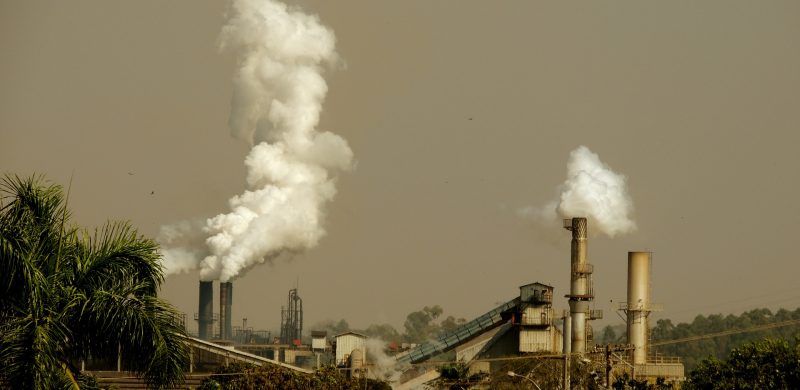
The United Nations System ever since 1989 has held events on November 20 to create awareness on the need for the industrialisation of the continent and tackle impediments to this goal. Industrialisation is meant to create production and allow us as Africa to manufacture our own products and not rely on other continents for produce. Industrialisation allows us to be independent and self-reliant.
The 2017 Theme of the celebration is “African Industrial Development: A Pre-Condition for an Effective and Sustainable Continental Free Trade Area (CFTA)” was incisive, and provides a leeway to discuss the latent problems that have hindered intra-continent trade.
Accelerating Africa’s development through industrialization is one of the African Development Bank’s High 5 strategic priorities. Industrialization has long been recognized as a great opportunity for improving the living conditions of Africans. Within the context of Africa Industrialization Day on November 20, Pierre Guislain, AfDB Vice-President for Private Sector, Infrastructure and Industrialization shared his perspectives on the Bank’s achievements in its bid to “Industrialize Africa”.
“AfDB is active in all sectors of the economy, with a special emphasis on industry, agriculture, infrastructure, energy and SME development,” said Guislain. “To bolster our support to the industry sector, the Bank has partnered with UNIDO [United Nations Industrial Development Organization]. AfDB has invested billions in industrialization programs through numerous projects. But there are still more challenges to address.”
Africa’s industrialization would provide a great opportunity to improve the living conditions of Africans, said Guislain. With this vision, the institution has held high-level policy dialogues with its regional member countries and has committed to approve a number of key regional member countries’ policies and strategies in this direction.
Among others, the recently approved Sovereign Operations (ISP) to support industrialization policies PPP for Ethiopia in 2015 as well as Côte d’Ivoire’s Industrial competitiveness enhancement project approved in 2015. The Tanzania Institutional support project was also approved in 2016 to support the operationalization of a Public Private Partnership (PPP) framework. Last but not the least, was the approval of the Madagascar Economic management reform support programme in 2016, aimed to support a PPP framework.
To accelerate support to African countries and develop sound industrial policies, the Bank has partnered with UNIDO on this work stream to revise a MoU. AfDB-UNIDO joint work program in the proposed 2017 MoU will lead to leveraging diaspora financing through diaspora bonds; Value chain development programme in Uganda for USD110 million; Cluster development and business linkages for competitiveness and market access. The work also includes a programme for country partnerships-beginning with pilot countries to be determined; Youth employment programme in Tunisia; Support industrial policy research and capacity building for the Third Industrial Development Decade for Africa (IDDA III). The re-launch of 3ADI (African Agribusiness and Agro-industry Development Initiative) as 3ADI+ (Accelerated Agriculture and Agro-industry Development Initiative PLUS) is also part of the programme.
“Just imagine an Africa with lights everywhere. Businesses will boom. Factories will churn out products. Africa’s cost of doing business will drop and it will be competitive. It will spark innovation. Jobs will be everywhere, especially for the young. An electrified Africa will be an unstoppable Africa. Then, Africa will truly be free economically to join the league of industrialized nations.”
Observed each year on November 20, Africa Industrialization Day aims to raise awareness on the challenges faced by the continent with regard to industrialization. The event also aims to mobilize African leaders and international organizations to advocate for the accelerated and sustainable industrialization of Africa.





